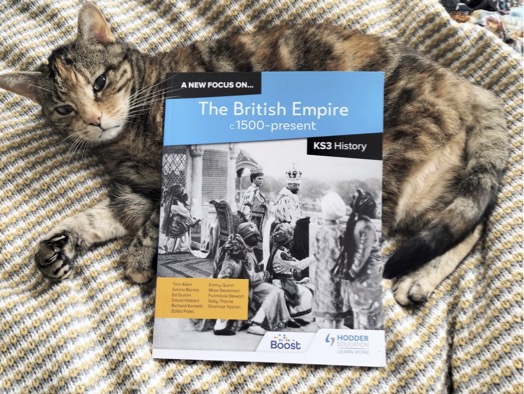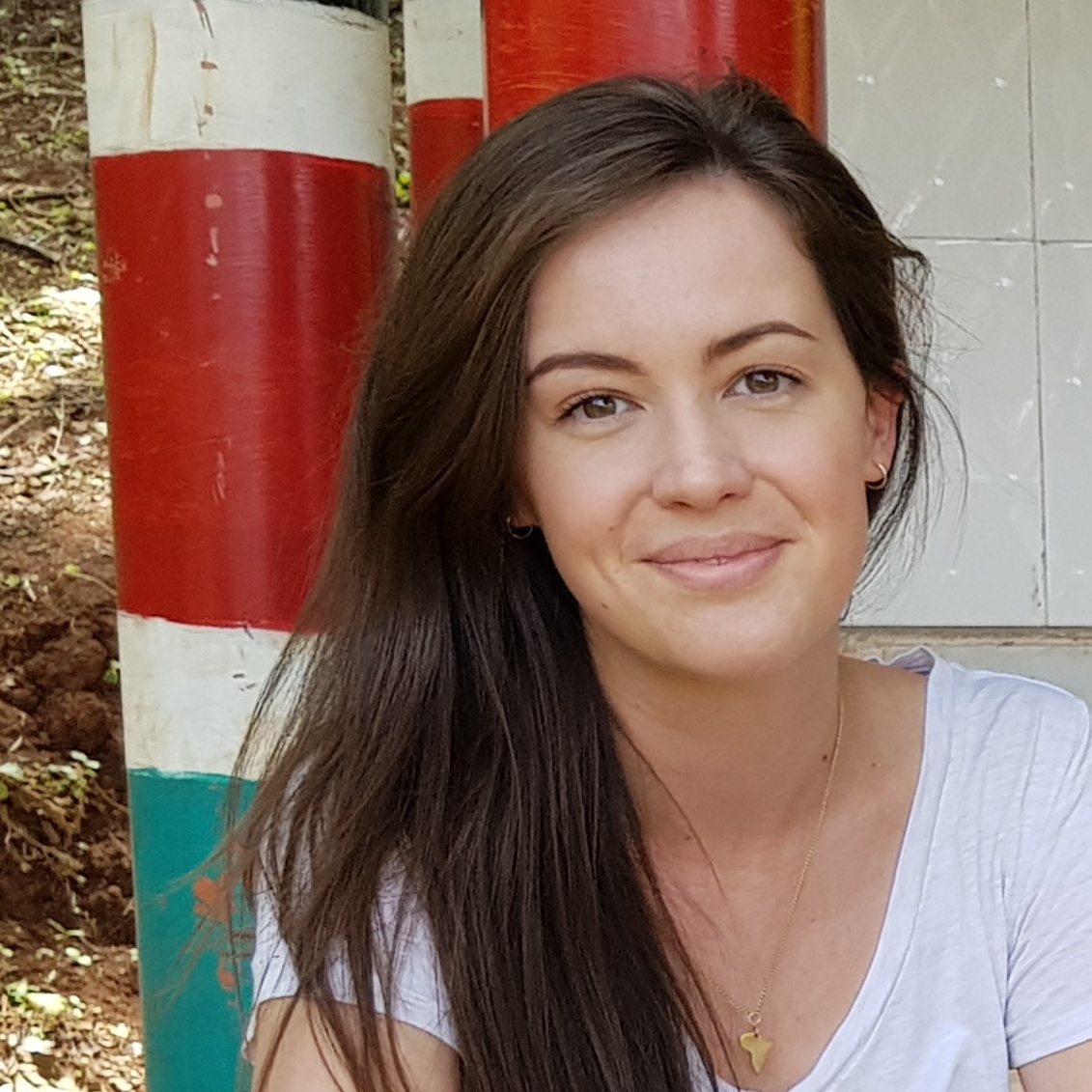In this blog post, Bristol lecturer Amy Edwards reflects on her new project exploring women and self-employment and on working with policy makers.
Over the past 18 months I have been running an AHRC-funded project called ‘The Secret of My Success’: Women and Self-Employment in Britain (1970-2000) which focuses on the recent history of women’s self-employment. The aim of the project is to understand the motivations and lived experiences of women who worked for themselves in the closing decades of the twentieth century.
A lot of the work I’ve done for this project has involved familiar historical work. I travelled to archives to consult the records of companies like Avon Cosmetics, who hired thousands of women to work as independent sales representatives. I spent hours sifting through digitized newspapers, looking for reports featuring women entrepreneurs. I also conducted oral histories with women who worked for themselves during the 1970s, 1980s, and 1990s, listening to stories about lives shaped by family obligation, friendship, house moves, illnesses, career breaks, and economic upheaval.
Something less familiar, has been the experience of translating my historical findings for non-academic audiences – or more specifically, for policymakers. A central aim of the project is to explore the opportunities, barriers, and conditions that affected self-employed women in the past, but to also think about what this can tell us about women’s working lives in the present. As a contemporary historian, I’m inherently interested in solving the puzzle of how we got to where we are today.
To this end, I have recently been working with PolicyBristol, a team based at the university who support academics in using their research to shape policy at local, national, and international levels. With their help, I have been turning my research into a series of Parliamentary Select Committee evidence submissions. Select Committees form part of the daily work of parliamentarians: they launch inquiries into current issues, and gather evidence from members of the public, academics, practitioners, businesses, think tanks, and activists. Committees then report their findings to parliament, who have 60 days to respond. In other words, submitting research to a relevant inquiry is a great way to inform policy development in key areas such as the economy, education, environment, and culture.
For this project, I identified two active inquiries that were relevant to the research I had been conducting: one for the House of Commons Women and Equalities Select Committee, and one for the House of Lords Home-Based Working Select Committee. I quickly learnt the importance of directly responding to the specific questions that each Committee set out as part of its call for evidence. Submissions also need to be concise, with key findings highlighted at the top: working parliamentarians don’t have hours of free time to read an entire thesis on a topic. They do, however, want specific recommendations – that is, evidence-based suggestions for how a particular issue might be addressed. This requires a knowledge not only of your own research area, but also of the current policy-landscape. It’s important to ask yourself what is the need/ problem that parliament is trying to address? What policies already exist in this area? Have other stakeholders – advocacy groups, think tanks, charities etc. – already had their say, and if so, what were their recommendations? And ultimately, for a historian, the question is: what can a historical perspective add here? What does placing this issue into a longer context do to change our understanding of it (and how it might be tackled today)?
This was a really different way of writing, or even thinking about, a historical research project. Others have written much more insightfully than I can here, about the benefits and challenges of using historical knowledge to solve present-day problems (something that John Tosh labelled Applied History). Crossing the bridge between academia and policy is tricky work. But it is also rewarding. I found translating my ideas about the relationship between emotions, social relations, time, space, and work into practical, applicable policy recommendations incredibly useful. It pushed me towards really thinking about historical subjects as people living through the historical phenomena I usually try to analyse. I had to consider what might have changed their lives had politicians at the time paid more mind to their experiences.
Most of all it reminded me of one of my favourite quotes from researcher and translator Graham Burchell, when he discussed his ‘experience of not being a citizen of the community or republic of thought and action in which one nevertheless is unavoidably implicated or involved’ – that is, of feeling out of place in society. In such a situation, Burchell reminds us how important it is to reveal ‘the (often quite recent) inventedness of our world’.[1] I think that history is a great tool for doing just that: it shows us that how we organise society, politics, and the economy is neither inevitable nor enduring. As such, using our research to remind those in power that we need more than sheer presentism to tackle the plurality of issues we face today, is work worth doing.
Dr Amy Edwards is a Senior Lecturer at the University of Bristol and historian of twentieth and twenty-first century Britain. Her research focuses on cultures of capitalism, investment, and enterprise. Her first book, Are We Rich Yet? (UCP, 2022) explains how financial markets became so central to British society, not only economically and politically, but socially and culturally, too. She is now leading an AHRC-funded project titled ‘The Secret of My Success: Women and self-employment in Britain, c.1970-2000’.
Find Amy on:
Bluesky: @somsproject.bsky.social
LinkedIn: linkedin.com/in/somsdramyedwards
Instagram: somsproject
[1] Graham Burchell, ‘Liberal Government and Techniques of the Self’ in, Andrew Barry, Thomas Osborne, and Nikolas Rose (eds.), Foucault and Political Reason: Liberalism, Neo-liberalism and Rationalities of Government (London: UCL Press, 1996), 19-36, 30.





